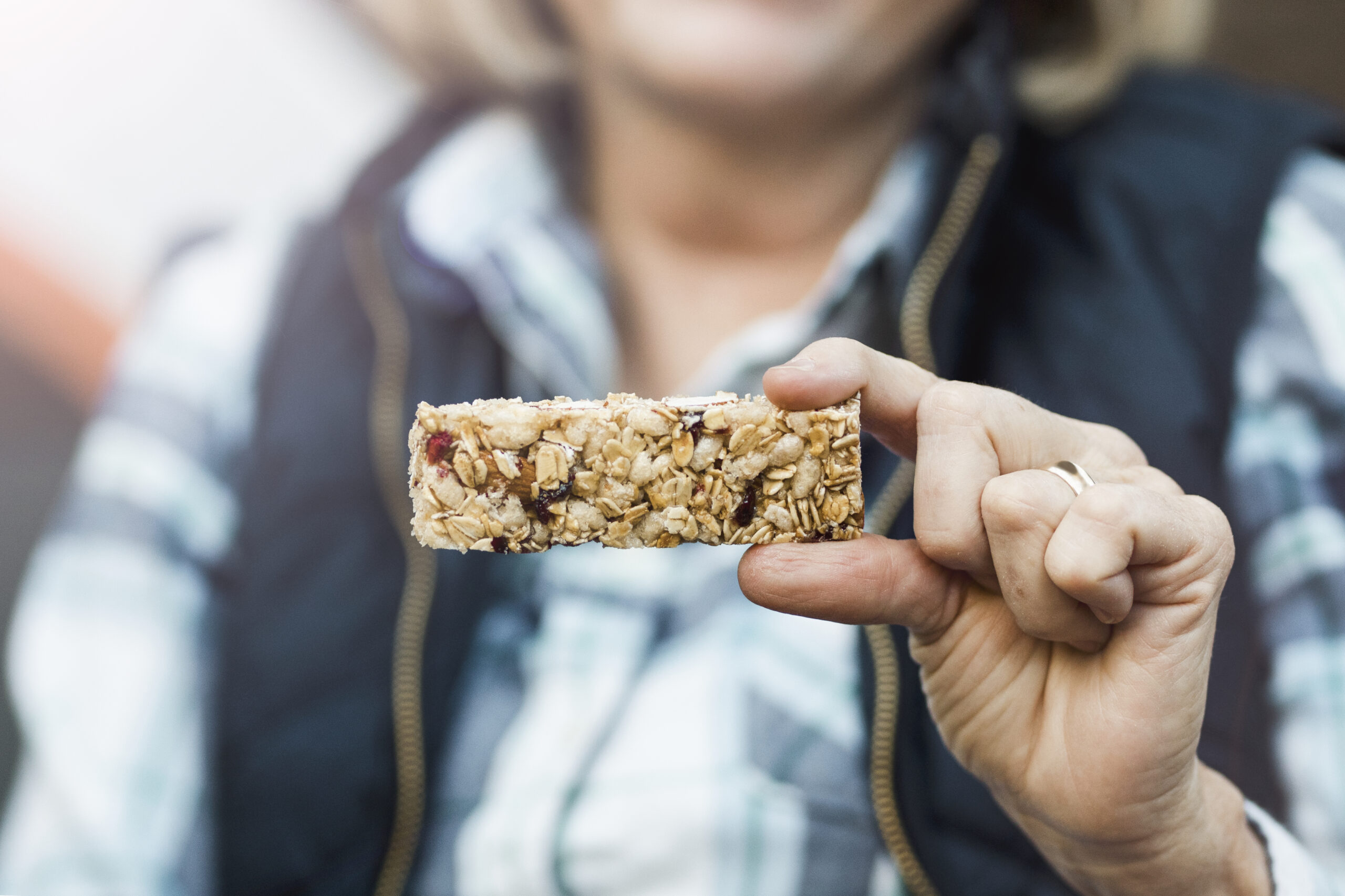
Whether you’re a seasoned marathoner or a casual jogger, your nutrition choices before, during, and after a run can significantly affect your performance and recovery. Protein bars are a convenient and effective way to fuel your body, but not all bars are created equal—especially for runners. In this guide, we’ll break down the best protein bars for runners, answer the most common nutrition questions, and help you choose the right fuel for your stride.
Are Protein Bars Good While Running?
Protein bars are generally not the best choice to eat during a run, especially if you’re doing a short or high-intensity session. Why? Because protein takes longer to digest and can cause stomach discomfort mid-run. However, they can be great before or after a run, depending on the bar’s ingredients.
If you’re going on a long, steady run (60–90 minutes or more), a high-carb protein bar can provide sustained energy. Just make sure it’s low in fiber and fat to prevent GI issues. Look for easily digestible bars with a carb-to-protein ratio of about 4:1 for endurance running.
Which Type of Protein Is Best for Runners?
The best type of protein for runners depends on your dietary preferences and how quickly you want your body to absorb it:
- Whey Protein: Fast-digesting and rich in essential amino acids. Ideal for post-run recovery.
- Plant-Based Proteins: Pea, brown rice, or hemp proteins are great for vegans or those with dairy sensitivities.
- Casein Protein: Slow-digesting, making it more suitable for overnight muscle repair.
For most runners, whey protein isolate or a plant-based blend works well for fast absorption and muscle recovery without added heaviness.
Should I Drink Protein If I Run?
Yes, but timing is key. Drinking a protein shake before a run isn’t always ideal unless it also includes carbohydrates and is consumed at least 60–90 minutes beforehand. After your run, however, a protein shake can help:
- Repair muscle tissue
- Reduce soreness
- Replenish energy stores (especially if combined with carbs)
Aim for 15–25 grams of protein post-run, ideally within 30–45 minutes.
What’s Best to Eat Before a Run?
Before a run, focus on easily digestible carbohydrates with a small amount of protein. Here are good options:
- A banana with peanut butter
- A high-carb, moderate-protein bar
- Oatmeal with honey
- Toast with almond butter
Avoid high-fiber, high-fat, or heavy protein foods right before running—they can cause cramping and sluggishness.
How Long After a Protein Bar Can I Run?
You should wait about 30 to 60 minutes after eating a protein bar before running, depending on the ingredients and your digestion speed. If the bar is:
- High in carbs and low in fat/protein: You can likely run within 30 minutes.
- High in protein/fat: Wait closer to 60 minutes to avoid discomfort.
Always test your timing during training, not on race day.
Does Protein Increase Running Stamina?
Protein itself doesn’t directly boost stamina, but it plays a vital role in the bigger picture of endurance:
- Supports muscle repair and reduces breakdown during long runs.
- Helps prevent fatigue by maintaining muscle mass over time.
- Supports metabolic function, especially when paired with carbs.
For long-term stamina improvements, combine adequate protein intake with endurance training, hydration, and proper rest.
Should Athletes Eat Protein Bars?
Absolutely. Athletes—especially endurance athletes like runners—can benefit from protein bars for their portability, convenience, and nutrient density. A well-formulated bar can:
- Speed up recovery
- Prevent muscle loss
- Provide energy before or after a workout
- Replace a small meal on busy days
Just be cautious of bars with high sugar alcohols or artificial additives that may upset digestion.
What Is a Good Energy Snack for Running?
Good energy snacks are rich in fast-digesting carbs, moderate in protein, and low in fat and fiber. Try:

- Bananas
- Energy gels
- Dried fruit (like dates or raisins)
- Rice cakes with jam
- High-carb protein bars
Avoid heavy or greasy foods before or during a run.
High-Carb Bars for Runners
When preparing for long-distance running or race day, high-carb bars with a little protein can be ideal. Look for a carbohydrate-to-protein ratio of 3:1 or 4:1, and check the sugar source—natural sugars like dates or honey are preferable.
Recommended high-carb bars:
- Clif Bar (Original) – Great for pre-run fuel, not post-run.
- Honey Stinger Waffles – Lightweight and carb-rich.
- ProBar Meal – Dense, whole-food bar perfect for longer runs.
What Is the Healthiest Protein Bar Brand?
When choosing a protein bar, go beyond just protein count. Look at sugar content, artificial ingredients, fiber, and carb quality. One of the most balanced and widely available options is:
👉 Nature Valley Protein Granola Bars (Best Protein Bars)
They offer around 10g of protein, low sugar, and are made from whole ingredients—ideal for pre-run energy or post-run recovery.
Other highly rated clean options include:
- RXBAR – Made from egg whites, dates, and nuts.
- CLIF Builders – High-protein, good for strength-focused training.
- LÄRABAR Protein – Plant-based, minimally processed.
Final Thoughts: Choose Smart, Run Strong
The best protein bars for runners offer more than just grams of protein—they support your training, recovery, and long-term performance goals. Whether you’re grabbing a bar for breakfast on the go or refueling after a long run, focus on quality ingredients, the balance between macros, and timing your intake wisely.
For a trusted all-rounder, try the Nature Valley Protein Bars for a great mix of protein, carbs, and taste.


